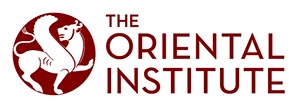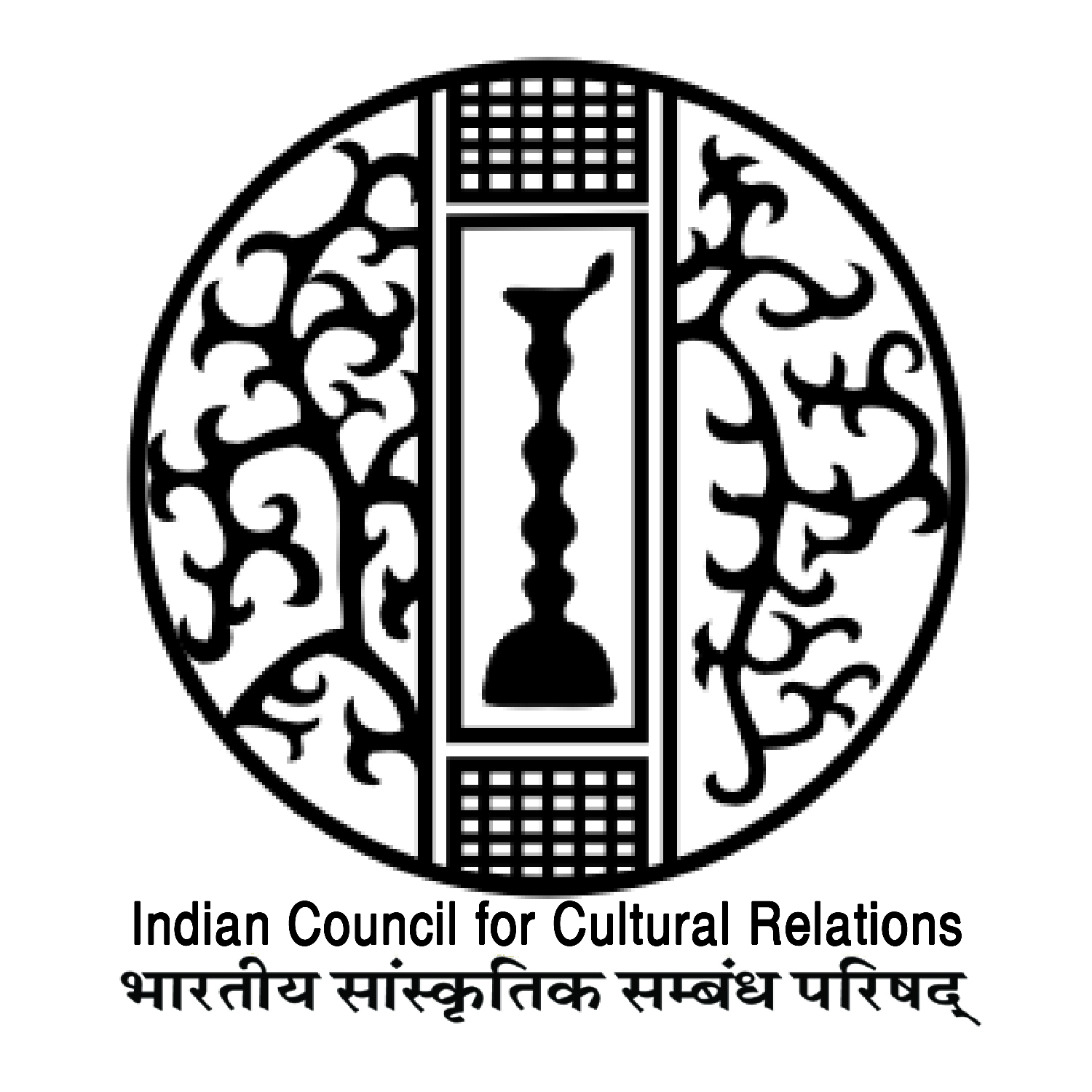Dr. Bruce L. Cook, Vice President of Worldwide Peace Organization, USA & Vice President for Publicity of the International Association of Educators for World Peace, USA. He is the Co-coordinator for ISOL – USA Chapter.

Dr. Bruce L. Cook, Vice President of Worldwide Peace Organization, USA & Vice President for Publicity of the International Association of Educators for World Peace, USA. He is the Co-coordinator for ISOL – USA Chapter.




Subscribe to Conference Information by submitting your E-Mail address below



1. Universal Message of Sri Ramakrishna and Swami Vivekananda
2. Sri Ramakrishna and Universal Religion
3. Sri Sharda Devi, the Holy Mother and the Embodiment of Purity
4. Swami Vivekananda and His Practical Vedanta
5. The Doctrine of Love for Global Human Development
6. Awakening the Inner Consciousness: The Integral Yoga
7. Religion and Philosophy: The Underlying Ethical and Spiritual Thought
8. Women Enlightenment: in Action and Works of Sister Nivedita
9. Management by Inclusion: Insights from the Literature on Sri Ramakrishna
10. Management Insights from the Complete Volumes of Swami Vivekananda
1. Yoga, Ayurveda and Tantra
2. Yantra, Mantra and Meditation
3. Consciousness and Health: Inner and Outer Healing
4. Progressive Evolution of Self for Mind – Body – Soul Communion
5. The Psychic Being and the Equilibrium of Self
6. Psycho—analysis and Spiritual Healing
7. AyurvedicHealingand the Mind
8. Herbs for the Practice of Yoga, Mind and Meditation
9. Herbs and Pranic Healing
10. Neuro-psychological bases of mind and brain
11. Human Structure and Vata, kapha and Pitta
12. Mental Constitution and Tri Gunas
1. Criticality of Infinites in Consciousness
2. Cognitive Conscious Intelligence: Insights from Maharishi Pannini and Pingala
3. The Power of Mind: Vedantic Perspectives
4. Mind and Matter: Interconnectedness between Epistemological Assumptions and Neurophysiological Levels of Description
5. Cosmic Energy as a source of Human Energy
1. Ancient Roots of Corporate Entities and Modern Management
2. Ancient Indian Economy: Synthesis of Cultural, Spiritual, Economic and Political Thought
3. Ancient Indian Knowledge Systems and the Science of Management
4. Spiritual Foundations of Economics: Insights from Scriptures
5. Vedic Literature and Lessons for Management
6. Management Insights from Sam Veda
7. Management Insights from Yajur Veda
8. Management Insights from Rig Veda
9. Management Insights from Atharva Veda
10. Management Insights from Sthapatya Veda
11. Management Insights from Dhanur Veda
12. Management Insights from Ayur Veda
13. Alternative Paradigms in Management and Leadership: Insights from Ramayan and Bhagwat Gita
14. Vedic Cultural Intelligence and Modern Corporate Excellence
15. Classical Indian Epistemology for Current Management Researches
16 Arthsastra and Management
17. Ancient Indian Logic and its Application in Modern Management
18. Dharmasastra: Insights for Good Corporate Governance
19. Understanding Welfare Oriented Traditional Indian Societies
20. Structure and Functioning of Political and Legal Institutions in Ancient India and its Contemporary relevance
21. Vedic Ethics and Responsible Business Management
22. Vedic Models of Ancient Indian Management
23. Vedas and Self Management
1. Himalayas: The Eternal Source of Spiritual Progress and Development
2. The Philosophical Foundations of Himalayan Art and Culture
3. Ancient Indian Economy in Himalayan Region
4. The Himalayan Kingdoms and their Contribution to World Cultural Heritage
5. Traditions of Himalayan Tribal: Contributions to Traditional Knowledge Systems
1. Vedic Principles of Environmental Management in the Context of Modern Eco System Management
2. Ancient Indian Knowledge Systems for Sustainable Development
3. Managing Global Climate Change: Insights from Vedas
4. Spiritual Dimension of Sustainable Development
5. Traditional Knowledge System for Bio-Diversity Conservation: Insights from Ancient Texts and Integration with Modern Practice
1. Relevance of Vedic Art of Communication in Modern Management
2. The Development of Literature through Ages
3. Language and Literature: Insights into Management
4. Appreciating Poetry for Holistic Management
5. Folk Tales: Insights for Organizational Leadership from Indian Epics
6. Understanding Practical Wisdom through Indian Folklores for Enlightened Management Practices
1. The Philosophy and Science of Sanskrit: Insights for Enlightened Management Practices
2. Ethics in Business and Administration: Insights from Sanskrit Literature
3. Sanskrit Knowledge Systems and the Modern Management Science
4. Language and Testimony in Classical Indian Philosophy
5. Sanskrit and Sustainability
1. Architecture and Sculpture: The Philosophical, Spiritual and Cultural Foundations
2. Philosophy of Indian Art and Paintings
3. The Sacred Space as Planned in Ancient Indian Temple
4. Rock Architecture of Ancient India
5. Vaastu Shastra for Sustainable Development
1. Theatre, Drama and Performing Arts: The Aesthetics of Management
2. The Theoretical and Philosophical Foundations of Classical Music
3. Insights from Traditional Indian Theatre for Modern Management
4. Culture and Art: Building Correct Values and Healthy Aesthetic Perceptions
5. The Contributions from Indian Natyashastrata to Modern Management
1. The Philosophical Foundations of Cinema
2. Role of Movies in Creating Responsible Societies
3. Media as a Tool to Integrate Culture and Heritage
4. Culture and Art: Building Correct Values and Healthy Aesthetic Perceptions
5. Role of Movies and Media for Promoting World Peace
1. Modern Education: A Tree without Roots
2. Gurukul Education System in ancient Indiaand its Contemporary Relevance in Theory and Practice
3. Fundamentals of Education in Ancient India: Need to Integrate in Modern Educational System
4. The Philosophy and Course Curriculum of Ancient Indian Universities
5. Salient Features of Education in Ancient India
1. Status of Women in Ancient India
2. Women scholars Cited in Vedas and Vedic Literature
3. Shiva and Shakti: The Indian Concept of Androgyny
4. Understanding Indian Culture through Devi-Mahatmiyam
5. Contributions to Vedic Wisdom by Women Philosophers: Ghosha, Lopamudra, Maitreyi, and Gargi
1. Development of Indian Mathematical Science in the Context of Spirituality: Contributions by Aryabhata, Brahmagupta, Mahāvīra, Bhaskara II, Madhava of Sangamagrama and NilakanthaSomayaji in Indian Mathematics
2. Mathematics of Infinites in Vedantic Thought
3. The Spiritual Practices in Mathematics: Understanding The Indian Sulbhasutras – The Essentials of Geometry
4. Quantum Theories of Consciousness
5. Astronomy in Ancient India: Insights for Modern Management Science
1. Ethics in Business for inclusive growth
2. Progressive Development of individuals, organizations and societies
3. Good Governance and Collective Pride for Business Excellence
4. Leading Beyond Self: The Inside Out Approach
5. Corporate Social Responsibility and Enlightened Citizenship Behaviour
Prof. Sunita Singh Sengupta
Founder & Honorary Convener
Integrating Spirituality and Organizational Leadership Foundation
C-17, Raj International Business Centre,
Gurunanak Pura, Laxminagar, Near Scope Minar
Delhi – 110 092, India
Mob: +91 98731 67484
Email: isol2018conference@gmail.com or sunita.isolfoundation@gmail.com
